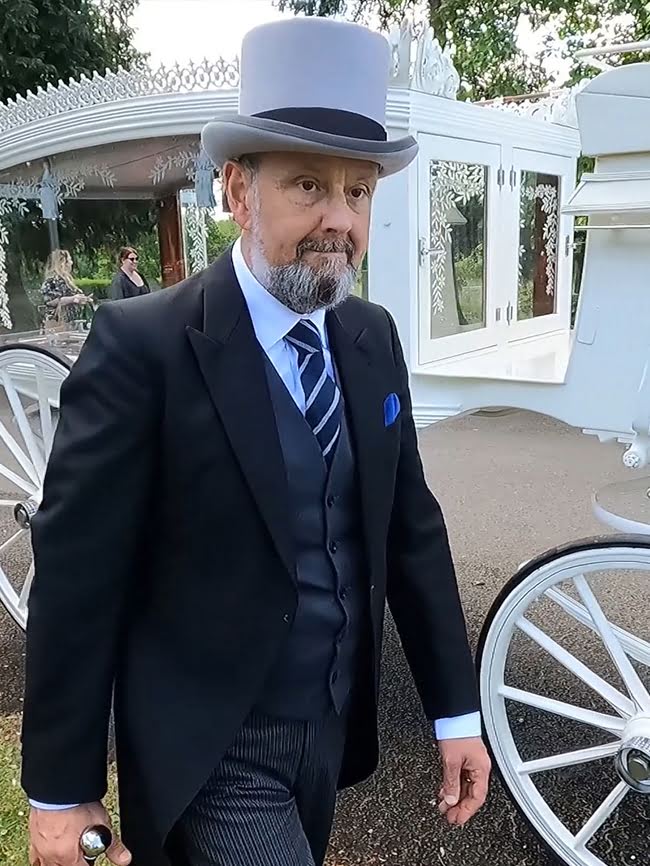When Someone Dies


When Someone Dies
The death of a loved one can be an emotional and overwhelming experience.
At a time when grief is most profound, understanding what steps to take next can feel daunting. This guide offers practical advice and support on what to do when someone dies, no matter the circumstances. Whether the death occurred at home, in a care home, abroad, or unexpectedly, we’re here to help you navigate the process with clarity and compassion.
Our Services
What Service We Offer
See the services we offer when someone dies below.
Dying at Home
If someone passes away at home, the first step is to contact their GP or the out-of-hours service. A doctor will need to attend and confirm the death. Once this has been done, they will issue a Medical Certificate of Cause of Death, which is necessary for registering the death.
You may then contact a funeral director to arrange for the person to be taken into care. At this stage, it can be helpful to have support from family or friends, as these initial moments can be particularly emotional. Funeral directors, such as ourselves, are available around the clock to provide immediate assistance and guidance.
Dying in a Care Home
When someone dies in a care home, the staff will generally manage the initial steps. They will contact the GP and next of kin and ensure that the necessary paperwork is completed. If the care home already has details of the family’s chosen funeral director, they will often make contact on your behalf.
It can be a great comfort to know that trained professionals are on hand to manage the practicalities while you take the time to begin processing your loss. If you have any questions during this time, do not hesitate to reach out to your funeral director for support.
Dying Abroad
Losing someone while they are overseas presents unique challenges. The British consulate or embassy should be informed immediately. They will guide you on how to register the death in the country where it occurred and help initiate the process of repatriation if you wish to bring your loved one home.
Repatriation can involve legal documents, translation of certificates, and coordination with local authorities and funeral services abroad. Funeral directors with experience in international arrangements can provide invaluable support, ensuring that your loved one is returned with dignity and care.
Dying in Hospital
Hospitals have a clear and compassionate procedure in place when someone dies under their care. Medical staff will confirm the death and a doctor will issue the Medical Certificate. You’ll be contacted by a member of the bereavement team, who can guide you through collecting the certificate and any belongings.
You are not required to use the hospital’s recommended funeral director. Once the necessary paperwork is in order, you can make arrangements with your chosen provider. Funeral directors can liaise directly with the hospital to arrange transfer and begin planning the funeral in accordance with your wishes.
Unexpected Death
When a death is sudden, unexpected, or occurs under suspicious circumstances, it will usually be reported to the coroner. This includes accidental deaths or those with unknown causes. The coroner may request a post-mortem examination or open an inquest to determine the cause of death.
This process can delay funeral arrangements slightly, but your funeral director can help coordinate with the coroner’s office and keep you informed every step of the way. It’s important during these times to take things one step at a time and seek support from professionals who understand what you’re going through.
We're Here to Help
At Cutmore Family Funeral Directors, we understand the importance of compassion, dignity, and respect when someone dies. Whether you're facing the death of a loved one for the first time or navigating a complex situation like a death abroad or an unexpected loss, our experienced team is here to support you.
Please don’t hesitate to reach out for guidance, day or night. Let us help carry the burden during this difficult time.
